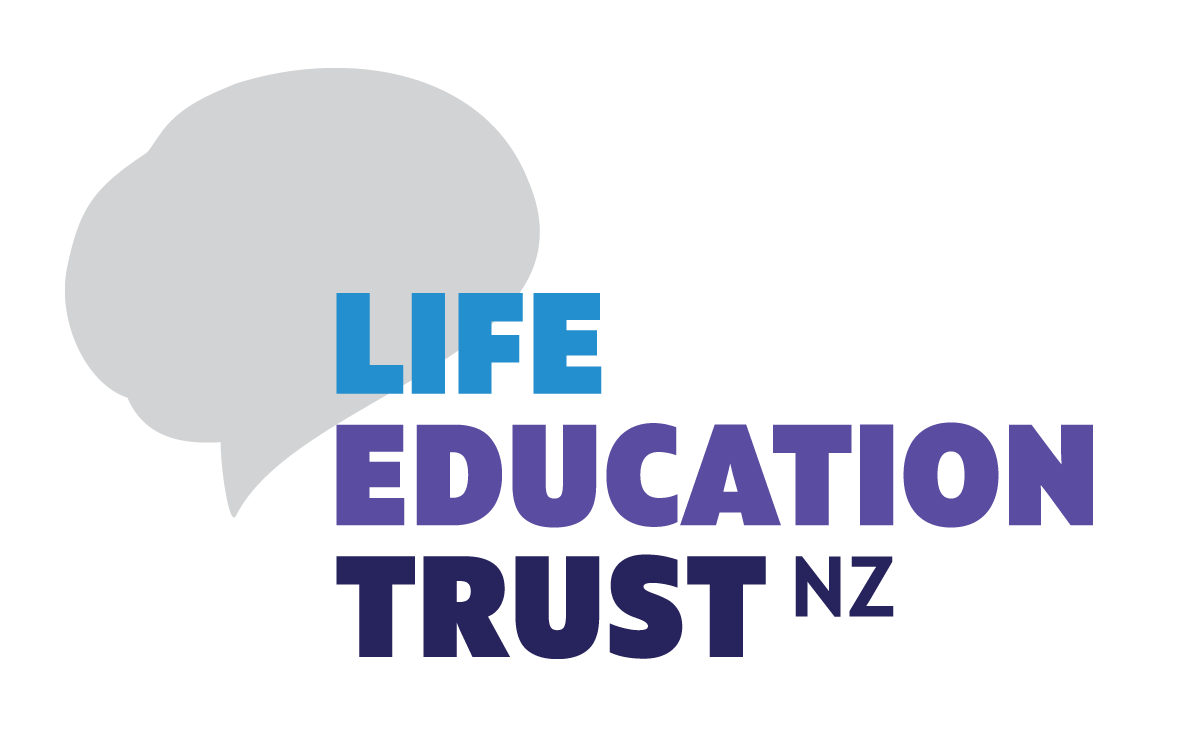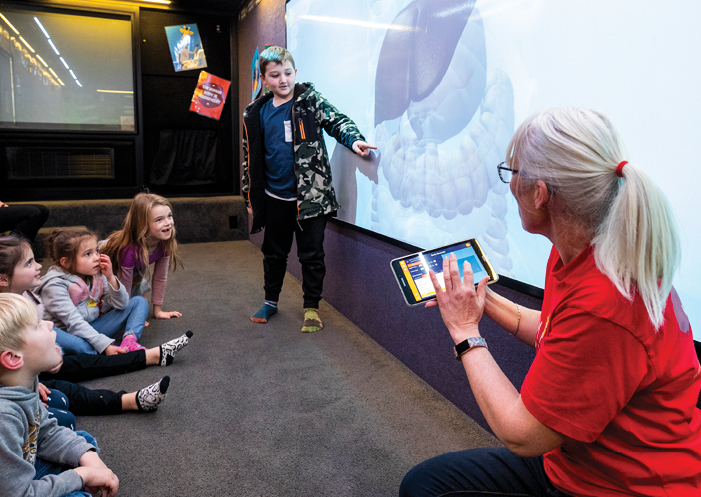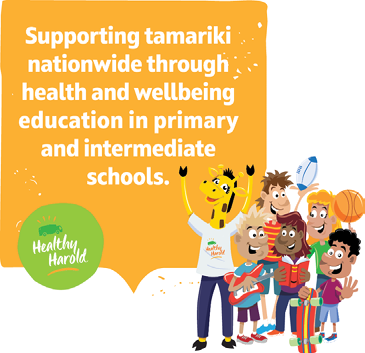Healthy Harold Programme
The Healthy Harold programme supports children to:
- Develop life skills relating to their health and wellbeing
- Understand how to make healthy choices
- Gain knowledge about health and their bodies
- Develop self esteem and a positive understanding of themselves
- Develop strategies for relating to others
Our teaching covers content across five major strands: food and nutrition, human biology, relationships and communities, identity and resilience, and substances.
What we offer schools:
- Experienced, registered teachers who have undergone additional training for this specialist role
- A flexible resource that supports teachers in delivering the health curriculum to their children
- A shared planning approach to create lessons specific to children's learning needs
- A unique and engaging learning environment - our mobile classrooms come to your school
- A quality, highly motivating and engaging programme that is flexible to the individual needs of the school and tamariki
- Professional development opportunities for teaching staff
Healthy Harold impact:
Ministry of Education research identified 86% of schools use our Healthy Harold programme. We support schools to meet the unique needs of their children as part of the school’s teaching plan. Schools seek specialist support to get the very best outcomes to meet the needs of their tamariki.
Teachers are asked to provide their feedback after their lessons with Life Education. This continuous evaluation process measures the quality of our teaching and how we meet teacher’s and children’s learning needs. This is managed independently through Research NZ.
An NZCER review of the Healthy Harold programme found Life Education performed well on key indicators that reveal value in the classroom, in particular the educators’ strong expertise in health, engaging style and programme content.
Find out more about the Healthy Harold Programme:
Feedback and outcomes of the Healthy Harold programme:
"Children have a better understanding of resilience as a life skill and are more willing to bounce back and try again in the classroom setting with learning tasks they are finding tricky."
"Life ed underpinned our schools philosophy on making choices and has been an anchor when dealing with matters that arise daily."
"Students remembering and applying knowledge and skills they have learnt in the Life Ed bus to their relationships in the class and playground. Being kind, friendly, identifying and naming positive and negative emotions and actions."
"The sessions brought a lot of discussion back to the classroom. We used the www.gbr.org.nz site at the end of the lessons. This supported the understanding of how the brain works, especially in relating to changes in puberty. The positive's included strengthening students willingness to discuss choices and share experiences (and also concerns for their family) regarding vaping."
"My Year 1 students have been proactive with making healthy changes to their lunch boxes. They confidently taught their parents and grandparents about go-go food and brain food choices for their lunch boxes."
"The way that the educator teaches the material is engaging and the kids seem to remember it well. They also seem to buy into it. A number of children certainly have changed the perspectives based on what they’ve learnt in the sessions. Especially around peer pressure and brain development."
"I enjoyed the conversations between my students post Life Ed lessons in the truck with [Educator]. Our focus was digital citizenship and my students talked together, without my prompting about changes that they were going to make to their online behaviours as a result of what they had learned with [Educator]."




